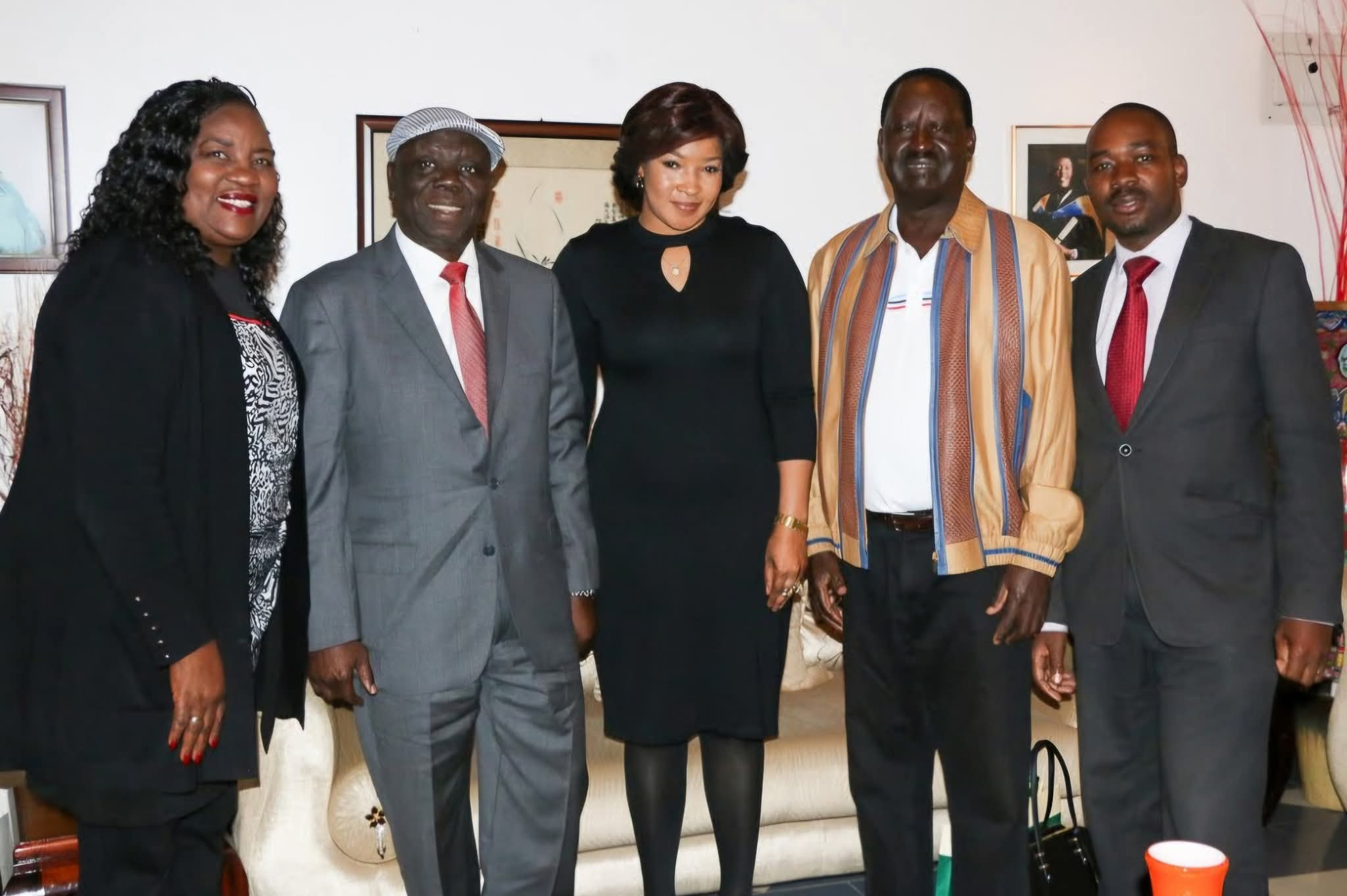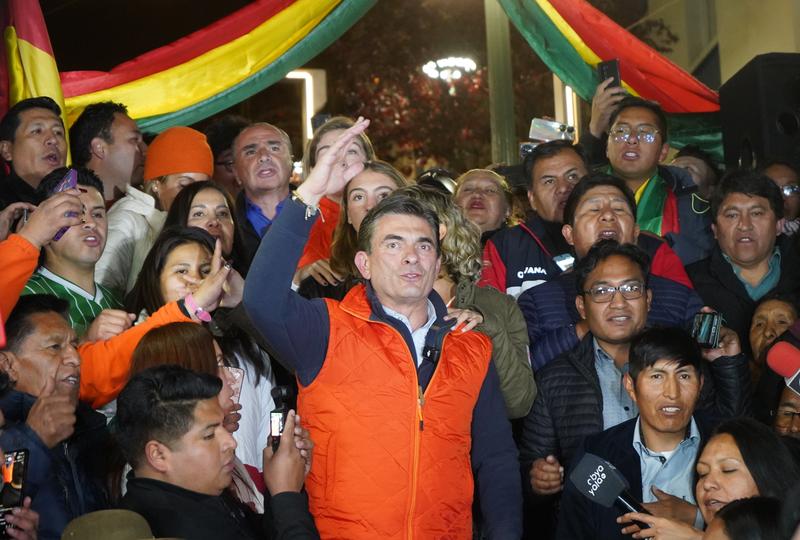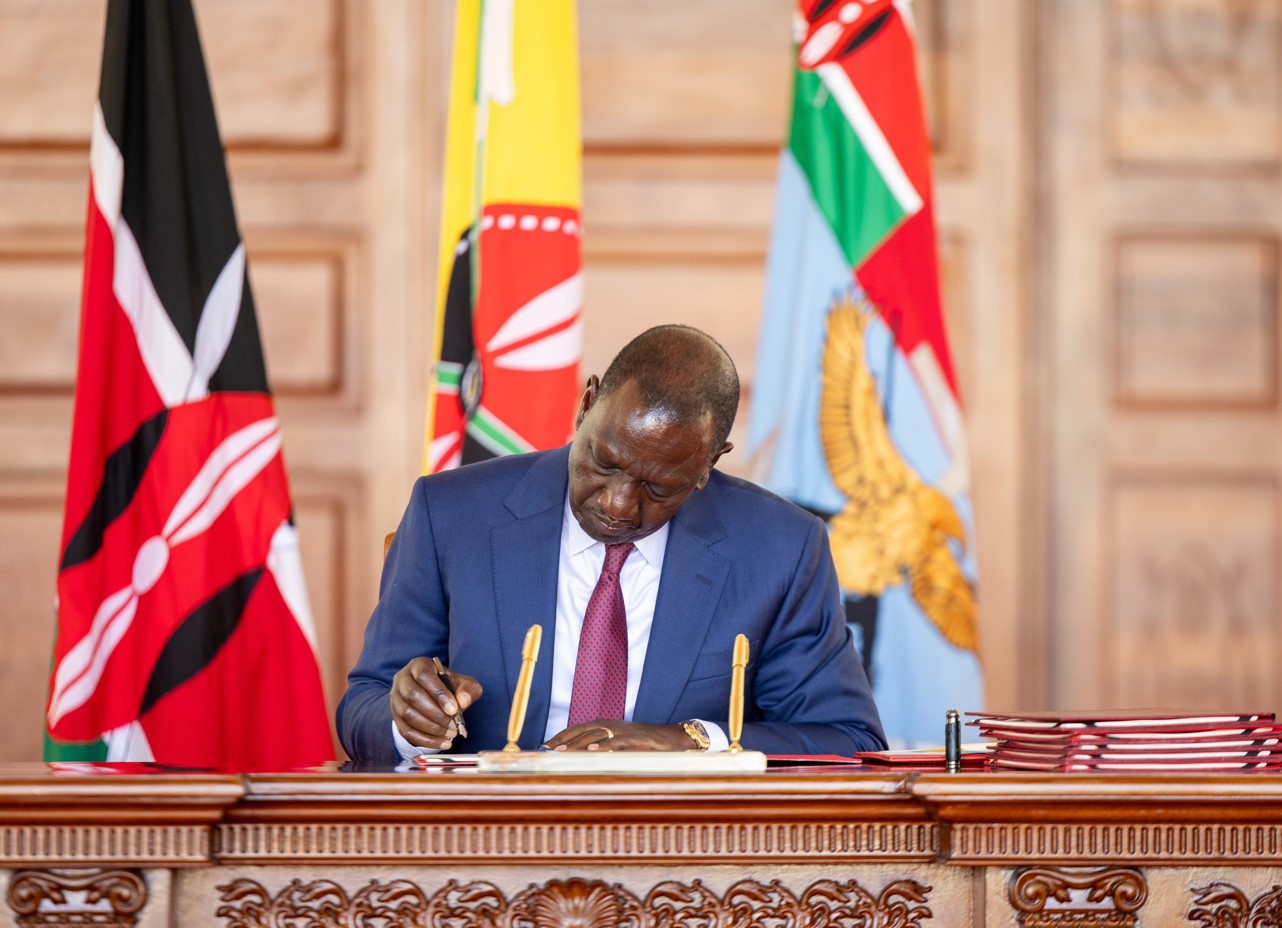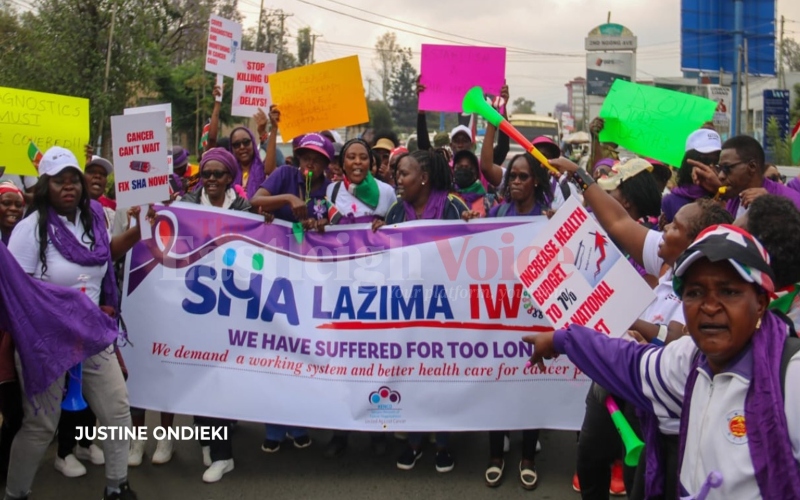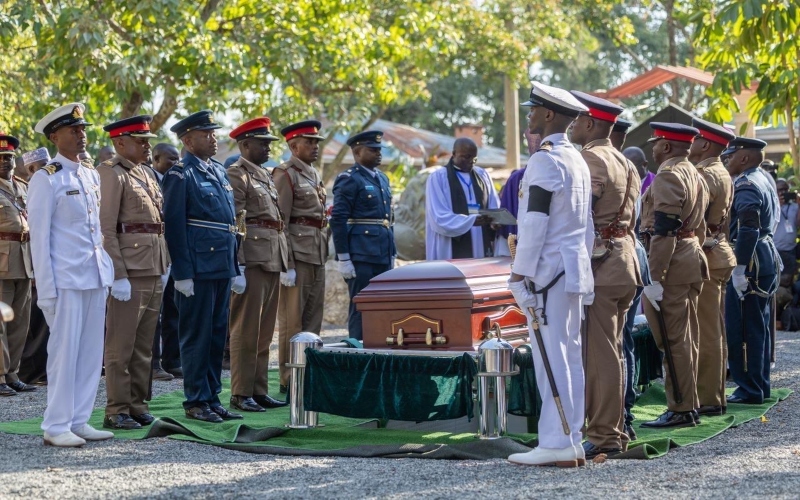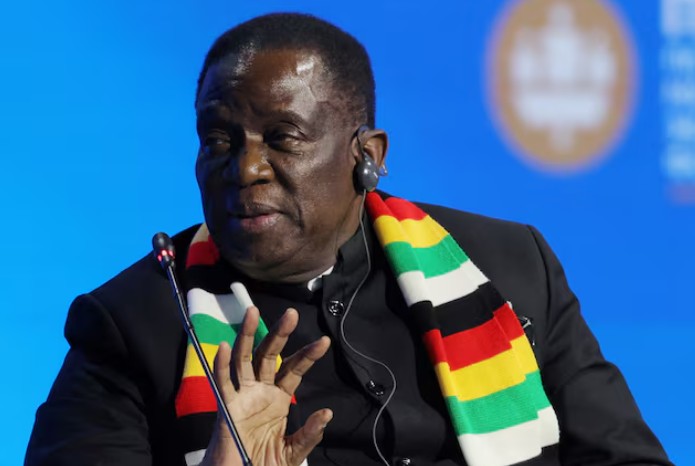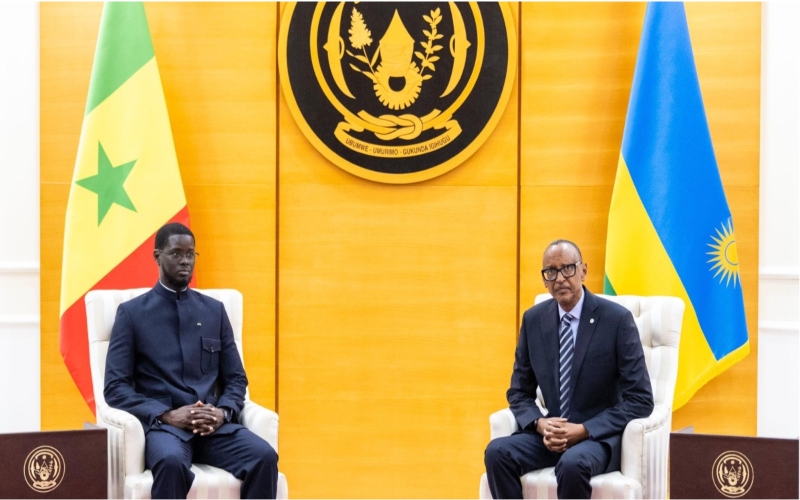Funding uncertainty threatens new African Union mission in Somalia

Without the timely disbursement of funds, AUSSOM’s effectiveness is at risk, potentially reversing the gains made in countering Al-Shabaab insurgents and stabilising Somalia.
Funding for the African Union Support and Stabilisation Mission in Somalia (AUSSOM) remains in limbo as delays in implementing a United Nations-African Union cost-sharing mechanism raise concerns over the mission's financial sustainability.
AUSSOM, which officially replaced the African Union Transition Mission in Somalia (ATMIS) in January, was expected to benefit from a structured funding model under UN Security Council (UNSC) Resolution 2719.
This arrangement was meant to cover 75% of the mission's costs through UN-assessed contributions, with the African Union (AU) shouldering the remaining 25%.
More To Read
- Yemen, Somalia hold security talks in Aden to strengthen bilateral cooperation
- Somalia approves independent Human Rights Commission in historic milestone
- Uganda, Somalia sign cooperation deals to boost trade, regional stability
- UK supports Somalia’s shift from UN oversight to homegrown human rights leadership
- Somalia denies secret deportation deal with Sweden
- Over 700,000 Somalis to lose food assistance in November as WFP slashes aid
However, the resolution's immediate application has been deferred, meaning the mission may have to wait until May 1, when the Security Council is expected to meet and deliberate.
Without the timely disbursement of funds, AUSSOM’s effectiveness is at risk, potentially reversing the gains made in countering Al-Shabaab insurgents and stabilising Somalia.
The situation has prompted urgent calls for alternative financing strategies to prevent a security vacuum.
"We are urging for predictable funding for AUSSOM. I hope our voices will be heard by the Security Council," UN Secretary-General António Guterres stated during his address at the African Union Summit in Addis Ababa on Saturday.
The challenges surrounding AUSSOM's funding echo long-standing financial struggles faced by past AU missions in Somalia, including the AU Mission in Somalia (AMISOM) and ATMIS.
These missions relied heavily on donor contributions, with the European Union covering troop stipends and the UN providing logistical support through the UN Support Office in Somalia (UNSOS).
However, these arrangements proved inconsistent and unsustainable, leading to operational inefficiencies, delays in troop payments, and difficulties in maintaining control of areas liberated from Al-Shabaab.
Moreover, the funding delay is not the only hurdle confronting AUSSOM. Troop composition within the mission remains a contentious issue. While most ATMIS-contributing countries transitioned their forces into the new mission, Burundi opted out, citing concerns over troop allocation.
Meanwhile, Egypt has expressed interest in joining as a new contributor, but final negotiations on force composition have yet to be concluded.
The delay in implementing Resolution 2719 stems from divisions within the UNSC. While most members pushed for immediate application of the funding mechanism, the United States remained reluctant.
Washington argued that the conditions had not been met for the automatic transition of funds to AUSSOM, leading to its abstention from voting on Resolution 2767, which granted the mission its mandate.
The US has also raised concerns about how the funds will be allocated, with some policymakers advocating for a "one mission, one budget" approach that would consolidate AUSSOM, UNSOS, and other support mechanisms under a single financial framework.
Compounding the situation is the shifting foreign policy landscape in the US. President Donald Trump's administration has signalled a retreat from multilateral commitments, raising fears of reduced US contributions to UN peacekeeping efforts.
"Resolution 2719 should not be used to fund AUSSOM as it would lock the US into perpetual funding," read a statement from the US Senate Foreign Relations Committee.
The AU and UN now face an urgent task: securing alternative funding sources to sustain AUSSOM until the UNSC finalises its decision on the cost-sharing mechanism in May.
In the meantime, the AU is applying the ATMIS funding model to cover troop allowances until at least July 2025, though the source of these funds remains uncertain.
Top Stories Today

